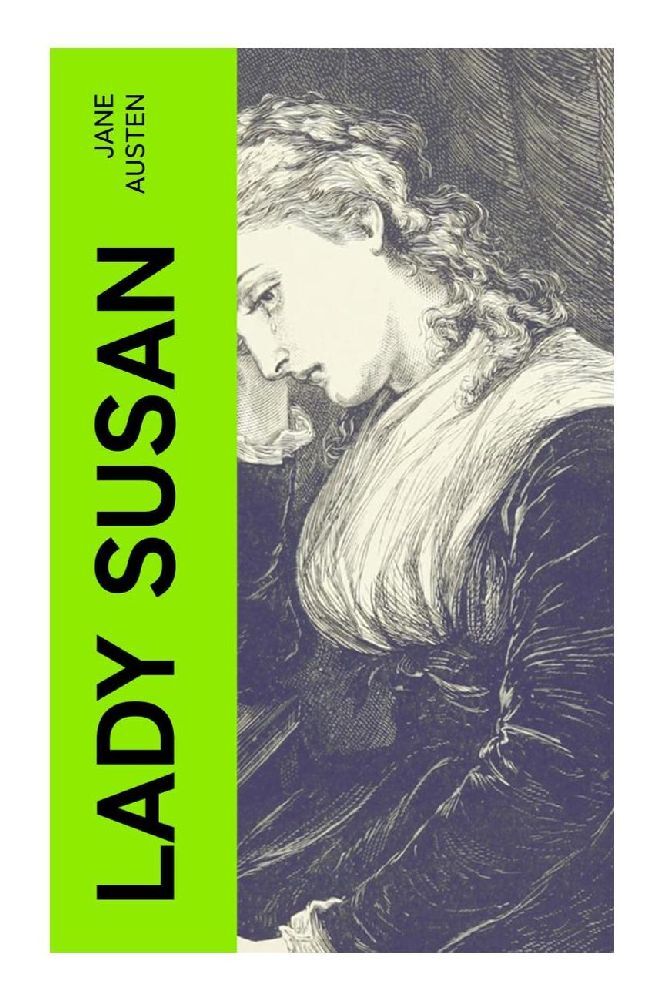
Zustellung: Do, 02.01. - Sa, 04.01.25
Versand in 4 Tagen
VersandkostenfreiBestellen & in Filiale abholen:
In "Lady Susan," Jane Austen presents a captivating novella that offers a sharp and witty exploration of gender, marriage, and social manipulation in early 19th-century England. Crafted in an epistolary style, the narrative unfolds through a series of letters, allowing Austen to capture the intricacies of her characters' motivations and social standing. The story centers on the charming but cunning Lady Susan Vernon, who skillfully navigates her widowhood while seeking advantageous matches for herself and her daughter. The text not only illustrates Austen's keen observational humor but also serves as a precursor to her later, more polished novels, encapsulating the era's complex social dynamics with elegance and incisiveness. Jane Austen, a pioneer of the English novel, imbued her works with an astute understanding of societal norms and personal relationships. Writing during a time dominated by male authors, her exploration of female subjectivity and agency laid the groundwork for future feminist literature. "Lady Susan" reflects her own experiences in a society where women's roles were heavily constrained, revealing Austen's deep engagement with themes of marriage and independence. Highly recommended for readers interested in early feminist thought and literary history, "Lady Susan" is a delightful yet provocative read that showcases Austen's talent for blending comedy with critical social commentary. This novella invites readers to reflect on the enduring complexities of love and the constraints of society, making it a timeless addition to any literary collection.
Produktdetails
Sprache
englisch
Seitenanzahl
64
Autor/Autorin
Jane Austen
Verlag/Hersteller
Produktart
kartoniert
Gewicht
109 g
Größe (L/B/H)
229/152/3 mm
ISBN
9788027382637
Bewertungen
0 Bewertungen
Es wurden noch keine Bewertungen abgegeben. Schreiben Sie die erste Bewertung zu "Lady Susan" und helfen Sie damit anderen bei der Kaufentscheidung.









